Toulouse Geese
Toulouse geese is a large, stout goose raised for its heavy weight, moderate egg production and striking physical attributes. The Toulouse goose is often raised for meat, particularly its historic purpose, pate foie gras. Laying between 25 and 40 eggs a year and growing quickly to between 14 lbs – 18 lbs, Toulouse geese are popular among hobby farmers, family farms and small commercial farms. Cackle Hatchery’s® flock of toulouse geese are a production type and not the exhibition type that have the pronounced dewlap, keel and size.
French geese are a distinctive and highly regarded breed known for their large size, impressive physique, and the production of foie gras. Originating from the region around Toulouse in southwestern France, these geese have a long history of being bred for both their meat and down. Toulouse geese are typically raised for their ability to accumulate fat in their livers, which is a key ingredient in the famous French delicacy, foie gras.
The geese are large, with a broad body and a deep chest, contributing to their ability to develop a considerable amount of fat. Their feathers are usually a gray or white color, with some individuals displaying a darker, almost slate-like hue. Toulouse geese also have a characteristic “dewlap,” which is a fold of skin beneath their necks. This feature not only adds to their unique appearance but also plays a role in the fattening process.
These geese are typically slow-growing birds, taking several months to reach their full size. They are known for their docile nature, making them easier to handle than some other breeds of geese. These birds are often raised on small farms where they have ample space to roam and forage. They are hardy and adaptable, capable of withstanding varying climates, although they thrive best in areas with moderate temperatures.
In addition to their culinary uses, geese are valued for their down, which is soft and warm, often used in the production of high-quality bedding and outerwear. Despite their historical importance, the breed has seen a decline in numbers in recent decades, leading to efforts to preserve and promote French geese as part of France’s agricultural heritage.

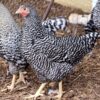

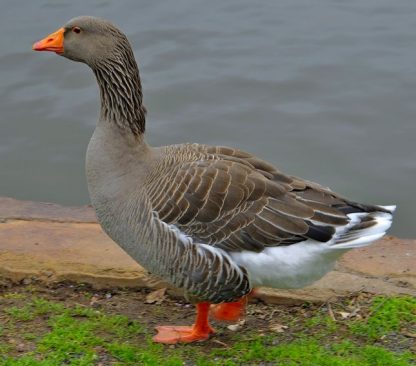
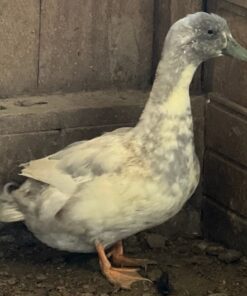
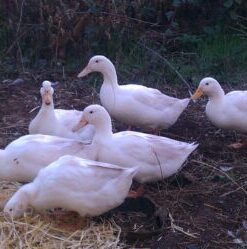
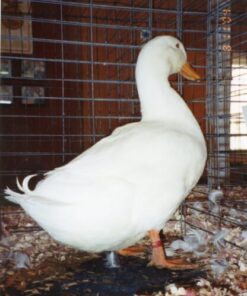
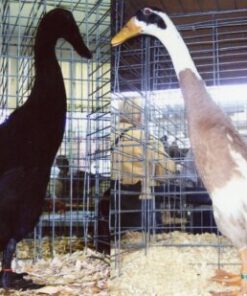
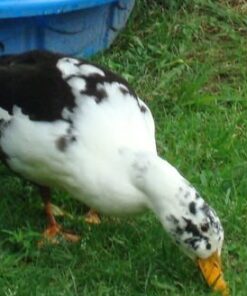

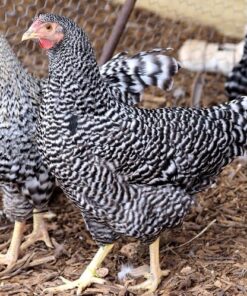
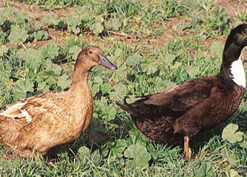
Reviews
There are no reviews yet.